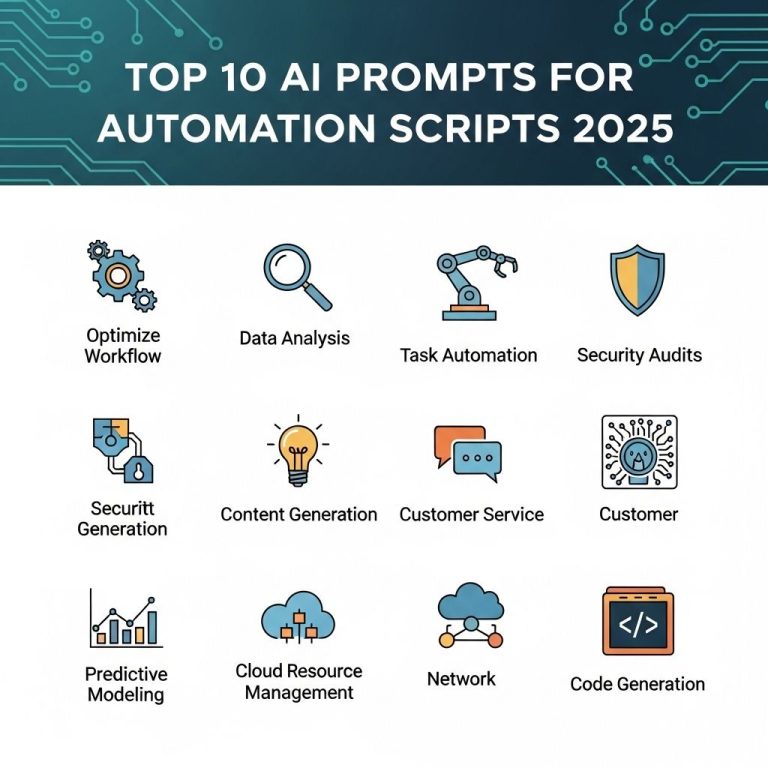In an ever-evolving digital landscape, organizations are continuously seeking ways to streamline their operations and enhance their security protocols. Identity Protection (IDP) platforms have emerged as a crucial component in safeguarding sensitive data while ensuring that the right individuals have access to the right information. As we look toward 2025, it’s essential to identify the leading IDP platforms that will set the standard for success in an increasingly interconnected world.
Understanding Identity Protection
Identity Protection involves a combination of processes and technologies designed to secure and manage digital identities. It encompasses user access control, authentication, and the protection of sensitive information from unauthorized users. With the rise of remote work and cloud computing, the importance of robust IDP solutions has never been more pronounced.
Why IDP Matters
- Data Security: Protecting sensitive information from breaches and unauthorized access.
- User Authentication: Ensuring that only verified users can access systems and data.
- Regulatory Compliance: Adhering to legal requirements such as GDPR and HIPAA.
- User Experience: Balancing security with ease of access for legitimate users.
Criteria for Evaluating IDP Platforms
As we assess the top IDP platforms for 2025, several key criteria must be considered:
- Integration Capabilities: Ability to connect with existing systems and third-party applications.
- Scalability: The platform’s capacity to grow alongside the organization.
- User-Friendliness: Intuitive design that simplifies identity management.
- Security Features: Advanced authentication methods, including multi-factor authentication (MFA).
- Analytics and Reporting: Tools for monitoring and analyzing user activity to detect anomalies.
Top IDP Platforms for 2025
1. Okta
Okta stands out as a leader in the IDP market, offering a comprehensive identity management solution that addresses the needs of both enterprises and individual users.
Key Features:
- Single sign-on (SSO) for seamless access across applications.
- Robust API access management.
- Adaptive MFA for enhanced security measures.
2. Microsoft Azure Active Directory
As a part of the Microsoft Azure ecosystem, Azure Active Directory is a powerful identity solution that integrates seamlessly with other Microsoft services.
Key Features:
- Comprehensive identity governance capabilities.
- Self-service password reset to improve user experience.
- Extensive reporting and monitoring tools.
3. Ping Identity
Ping Identity excels in providing secure access to any application, whether on-premises or in the cloud, making it a popular choice for organizations with diverse IT environments.
Key Features:
- Single sign-on and multi-factor authentication options.
- Support for various identity protocols, including SAML and OAuth.
- Extensive customization options for user experiences.
4. Auth0
Auth0 offers a developer-centric approach to identity management, providing tools and resources that enable quick implementation and integration.
Key Features:
- Customizable authentication flows.
- Rich documentation and community support.
- Flexible pricing plans based on usage.
5. IBM Security Verify
IBM Security Verify combines identity management and security capabilities, focusing on protecting users and their data across various environments.
Key Features:
- AI-driven identity analytics for proactive threat detection.
- Identity governance and administration features.
- Support for user behavior analytics.
Comparative Analysis of IDP Platforms
| Platform | Integration | Security Features | User-Friendliness |
|---|---|---|---|
| Okta | High | Multi-Factor, SSO | Intuitive |
| Microsoft Azure AD | Very High | SSO, Self-Service | Moderate |
| Ping Identity | Moderate | MFA, Protocol Support | Flexible |
| Auth0 | High | Custom Flows | Developer-Centric |
| IBM Security Verify | High | AI Analytics | Moderate |
Future Trends in IDP
As we move toward 2025, several trends in identity protection are expected to shape the IDP landscape:
Increased Adoption of AI
Artificial Intelligence will play a significant role in enhancing security features, from identifying unusual user behaviors to automating identity management processes.
Decentralized Identity
The concept of decentralized identity, where users have control over their own digital identities, is gaining traction, offering a new model of identity verification.
Zero Trust Architecture
The Zero Trust model, which assumes that threats could be internal or external, is influencing how organizations implement IDP strategies, emphasizing continuous verification.
Conclusion
Choosing the right IDP platform is critical for organizations aiming to secure their digital assets and streamline identity management processes by 2025. By evaluating platforms based on integration capabilities, scalability, user-friendliness, security features, and analytics, businesses can make informed decisions that align with their operational goals. As technology evolves, staying ahead of identity protection trends will be essential for maintaining security and competitive advantage.
FAQ
What are IDP platforms?
IDP platforms, or Intelligent Document Processing platforms, use artificial intelligence and machine learning to automate the extraction of data from documents.
Why are IDP platforms important for businesses?
IDP platforms enhance efficiency by automating data entry, reducing errors, and allowing employees to focus on higher-value tasks.
What features should I look for in an IDP platform?
Key features include OCR capabilities, machine learning algorithms, integration options, user-friendly interfaces, and strong security measures.
Which IDP platforms are expected to lead in 2025?
Top IDP platforms for 2025 may include UiPath, ABBYY, Kofax, Automation Anywhere, and Microsoft Azure Form Recognizer.
How do IDP platforms improve data accuracy?
IDP platforms use advanced algorithms to analyze and extract data, significantly reducing human error compared to manual data entry.
Can IDP platforms integrate with existing software?
Yes, most leading IDP platforms offer APIs and integration capabilities that allow them to work seamlessly with existing business software.




